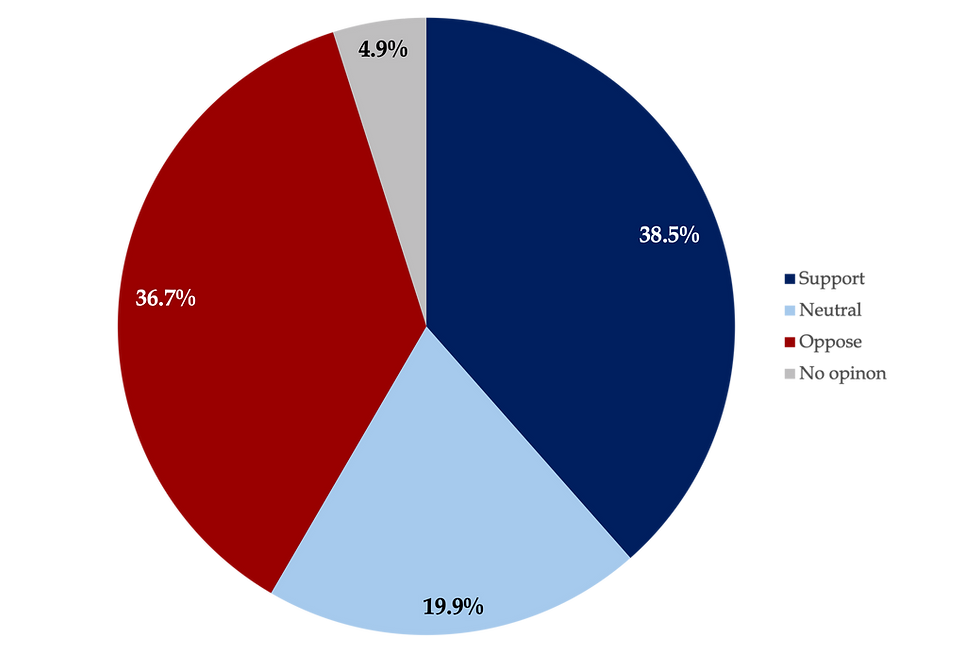The West Point of Capitalism
- Mohammad Almejel

- Nov 5, 2025
- 4 min read

Mohammad Almejel (MBA ‘26) on the discipline of doubt in a school of belief.
Every year, 930 of the world’s best and brightest students hail from all corners of the world to claim their red seats in Aldrich Hall. They move their lives (and sometimes loved ones) to Boston to learn at the hands of the world’s leading academics, economists, practitioners, and chief executives. Topics range from financial reporting to corporate restructuring to business strategy to entrepreneurship and all the in-betweens. Each of these classes carries its own weight and reputation in the HBS curriculum. “Oh, you have the TOM cranberry case tomorrow? Good luck cracking that one,” smirks the EC to a hopeless and sleep-deprived RC. “Butler Lumber has a working capital problem,” asserts another EC in an attempt to simplify a 15-page case into one line. We all approach the HBS experience slightly differently, but what truly unites us is the fact that we signed up to spend 645 days at what is often called the West Point of Capitalism. It’s a boot camp in managerial judgment, taught one cold call at a time.
There are certain themes that appear in almost every class discussion, and I’m starting to think these are indisputable truths of life. Time and time again, we discuss the importance of maximizing shareholder value at the enterprise level and upholding our fiduciary duties as managers. We’re asked to do that by pursuing NPV-positive projects that help grow the company’s cash flows and increase its enterprise value. When an interested buyer comes along, the board of directors is obligated to entertain any serious offer and must accept the highest price, per the Revlon duties. As fiduciaries, we must not expose material, non-public information that would put our shareholders at a disadvantage and that
could potentially land us in the middle of an insider trading case. We should use leverage with care and prudence since it not only amplifies potential returns, but also magnifies risks. The pursuit of profit is nothing of which to be ashamed, especially if you’re growing the pie for your shareholders and employees. And when we talk about stakeholders, it’s often in service of long-term shareholder value, rather than a substitute for it.
That sounds like a beautiful world if you ask me. Free markets. Fair competition. An abundance of resources and talent to leverage. But is it really this rosy? Or is there a grim side to all of this that isn’t promoted by our instructors and case studies? Beauty, of course, can be blinding. Cases end neatly, but real life rarely does.
I came into this experience last year with a lot of questions about how the world works and what drives its different moving parts. That list keeps getting longer by the day despite the fact that every single case unleashes a flurry of new information and insights. How can you explain the relationship between the growing money supply and near-daily appreciation of the S&P 500? Are tariffs always inflationary? Who’s going to pay down the United States’ $38 trillion of national debt? Is it ever going to get paid down? Should it be? And, if not, what does that imply about intergenerational equity? Is the rise of socialism on the left driven by envy of the successful or a genuine interest in equality? Will socialism ever be the answer? Or is the answer a humbler, better-governed capitalism?
On that last point, Lloyd Blankfein gave a talk on campus last month, during which he weighed in on the rise in popularity of socialist and communist ideology among the younger population. He’s of the view that “every generation has to rediscover the great truths of life, like war is bad, peace is good, etc.” Socialism, from an asset allocation standpoint, sounds ideal: give what you can and take what you need. But the real issue lies upstream with productivity and output. How do you incentivize people to be productive and create more assets? How do you grow the pie in perpetuity while also feeding yourself and others in the process? There’s no shame in pausing to ask why we do things the way we do and whether it’s time for change. Is capitalism truly the most efficient model for the purposes of achieving economic equality and social welfare? Or do we need a central body or administration whose sole mission is to ensure everyone’s basic needs are met and no one lives below an agreed-upon humane standard? Markets struggle with inefficiencies, externalities, and unequal starting lines. Regulation, when employed effectively, exists to manage and mitigate those struggles.
To be clear, I view capitalism as the system that best promotes human prosperity, but if the classrooms of Aldrich have taught me anything this past year, it’s that I need to be able to effectively argue both sides in order to truly form a well-rounded opinion. That’s the real West Point discipline: to pressure-test your priors, serve with integrity, and leave stronger in both conviction and humility. May we graduate fluent in both profit and purpose.

Mohammad Almejel (MBA ’26) was born and raised in Kuwait. He studied structural engineering at the University of California, San Diego, and earned a master’s degree in civil engineering from Columbia University. Prior to HBS, Mohammad was the Co-Founder and Director of Operations at Fiz, a quick-commerce startup based in Kuwait.




Comments